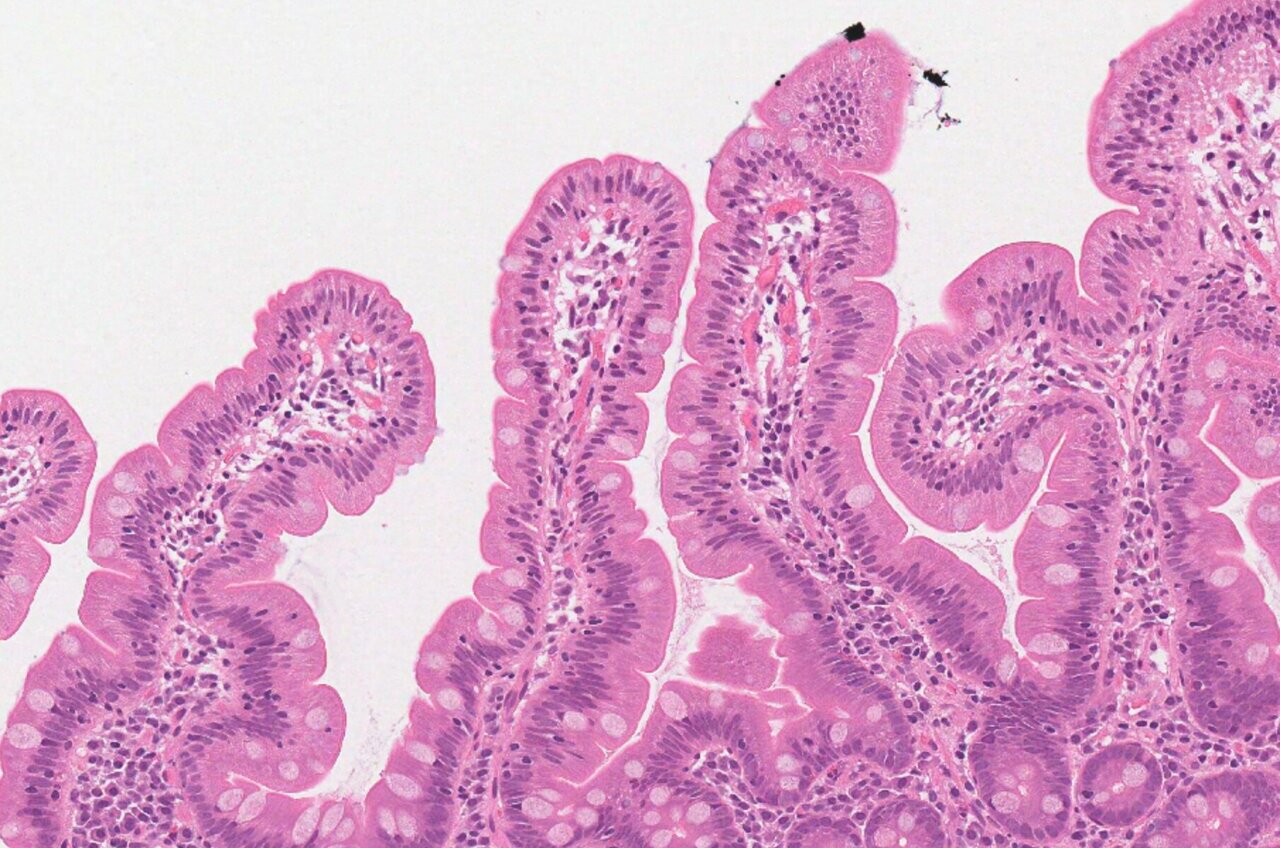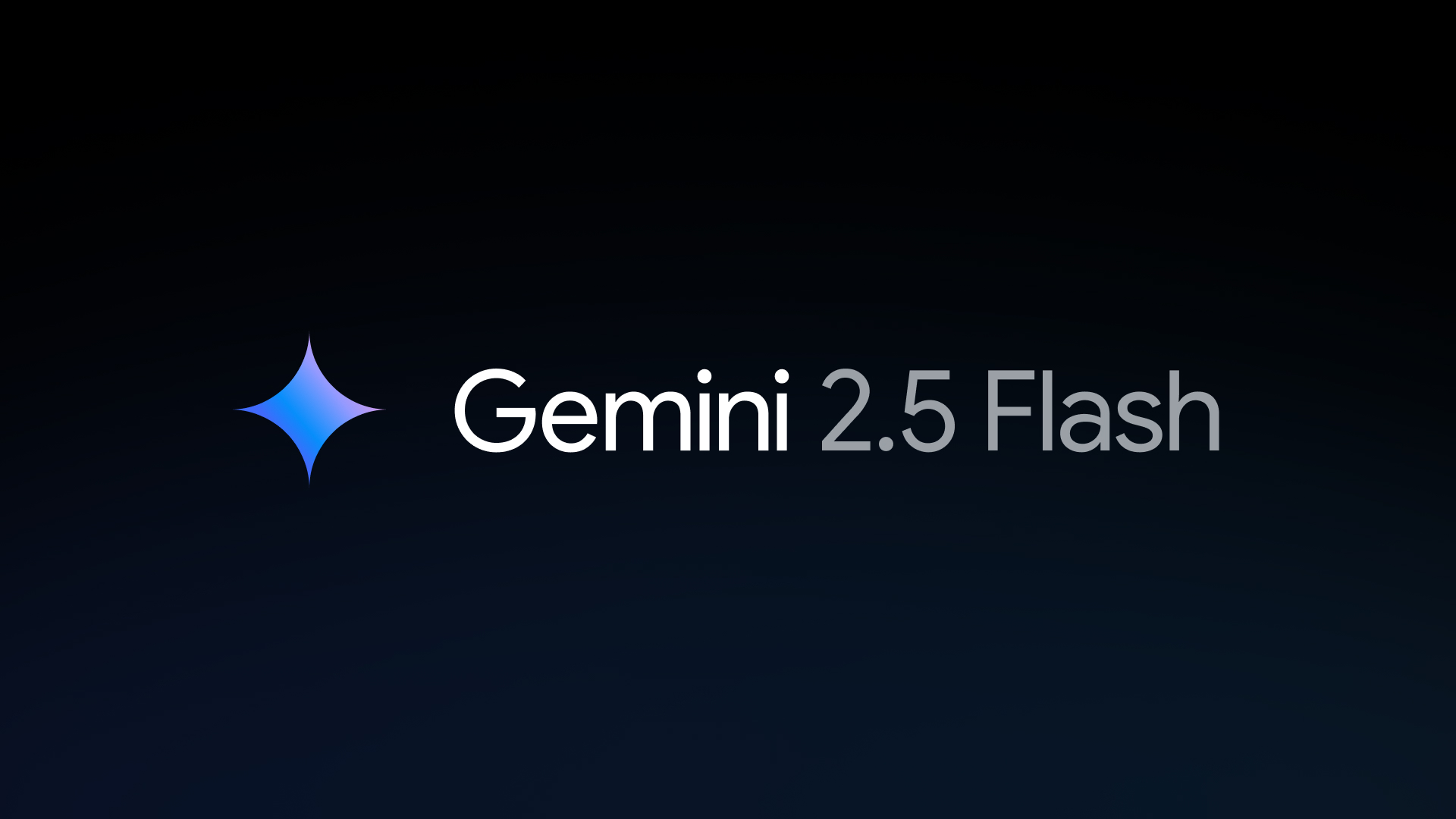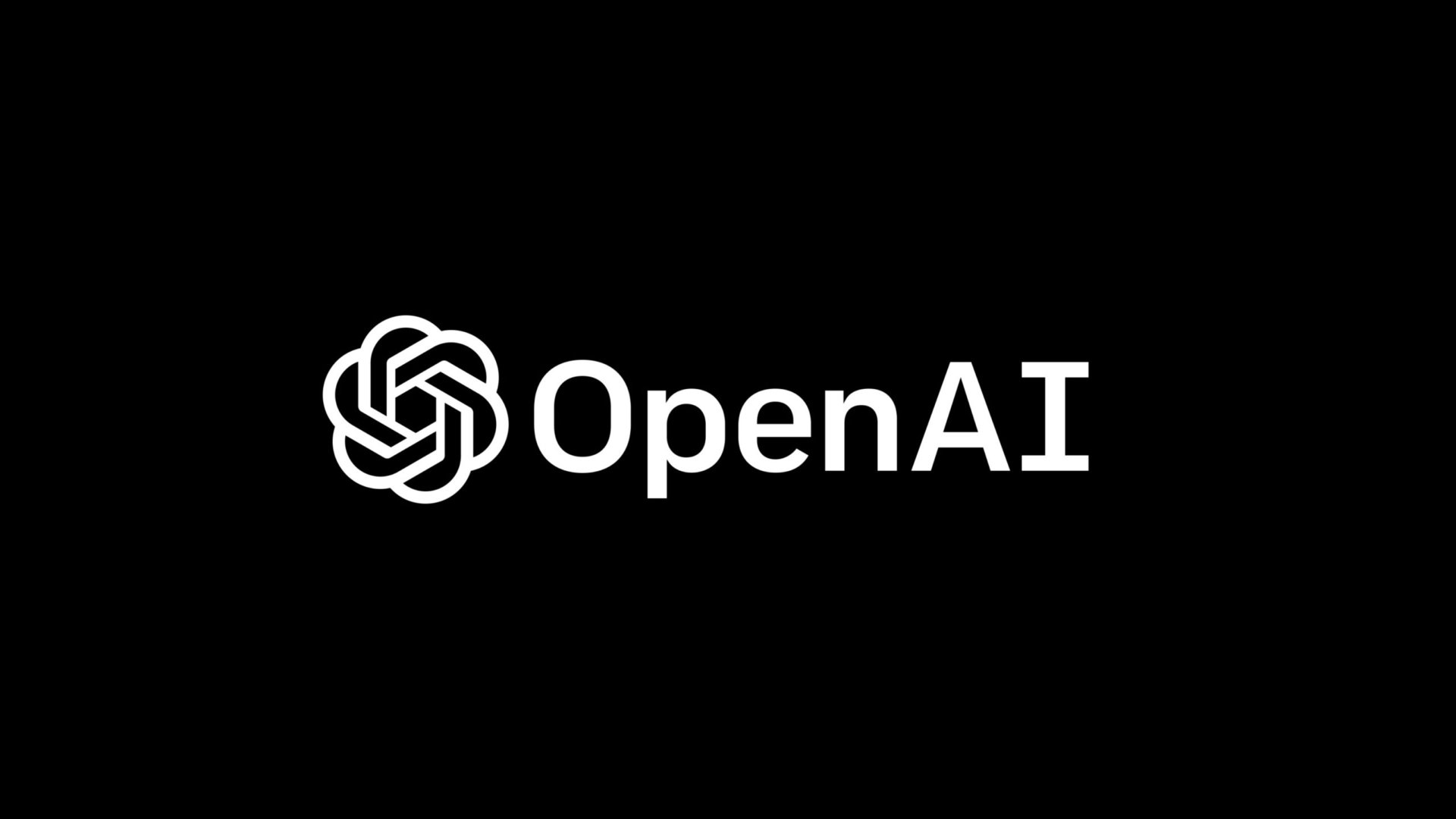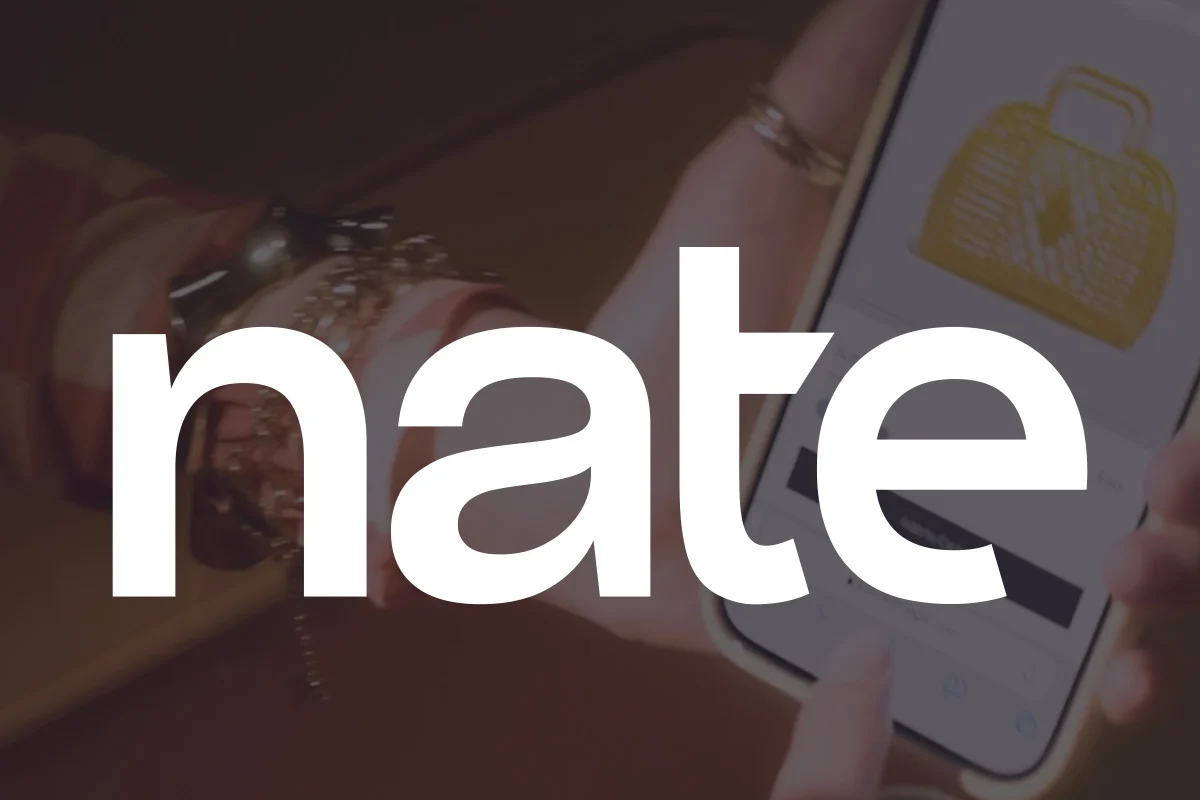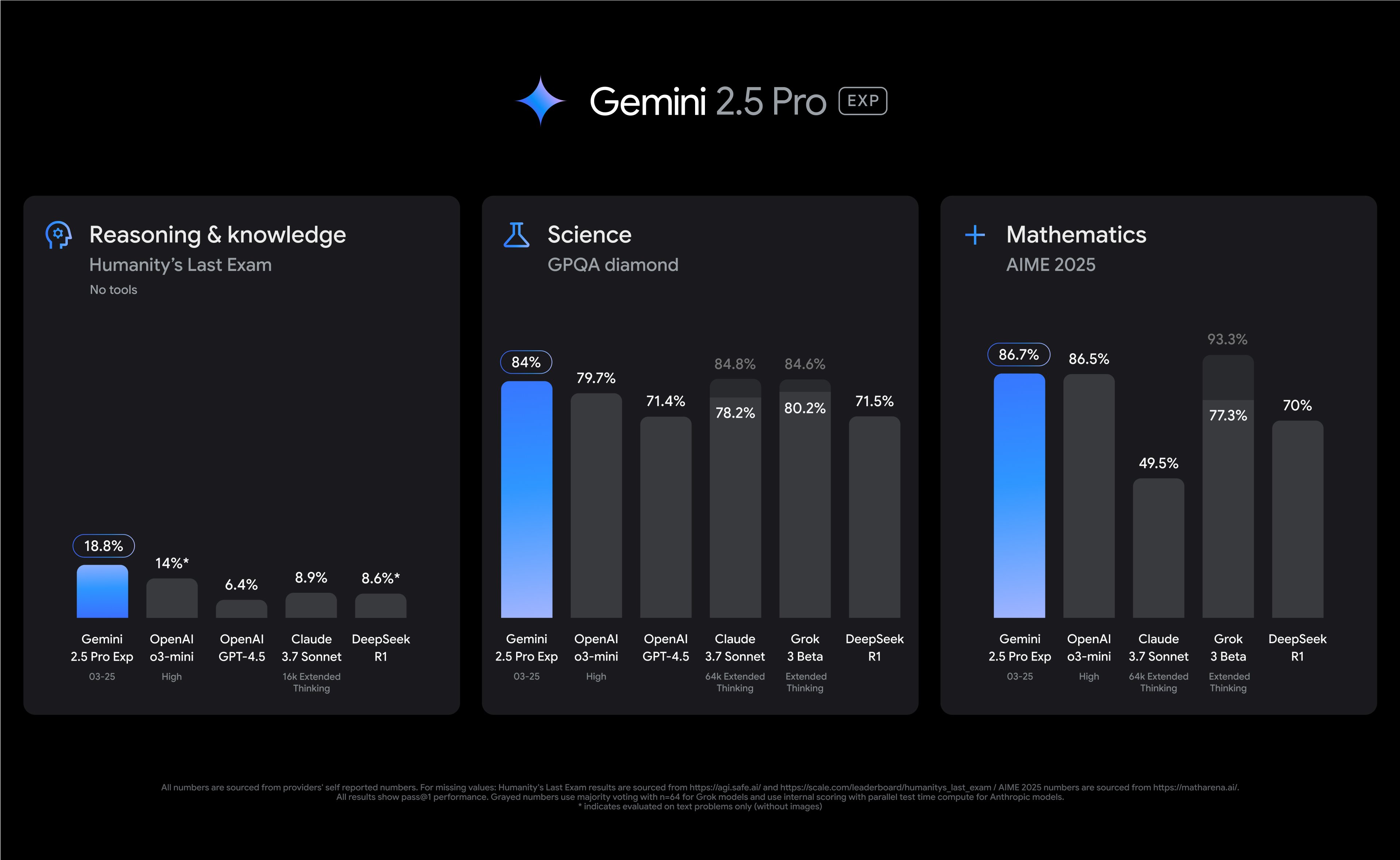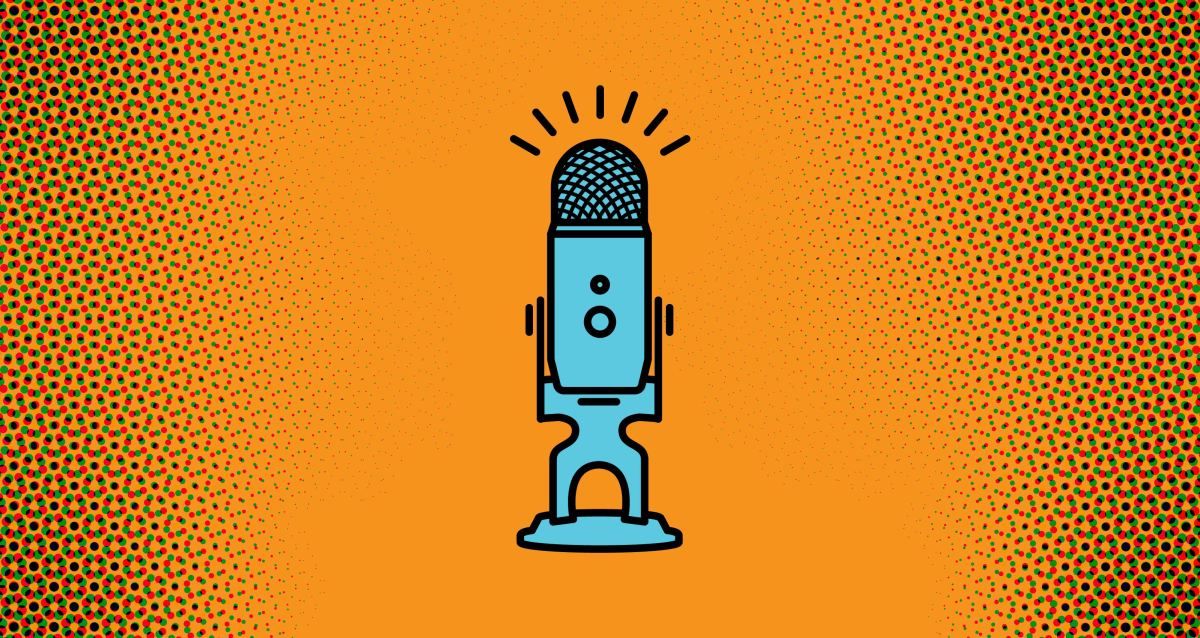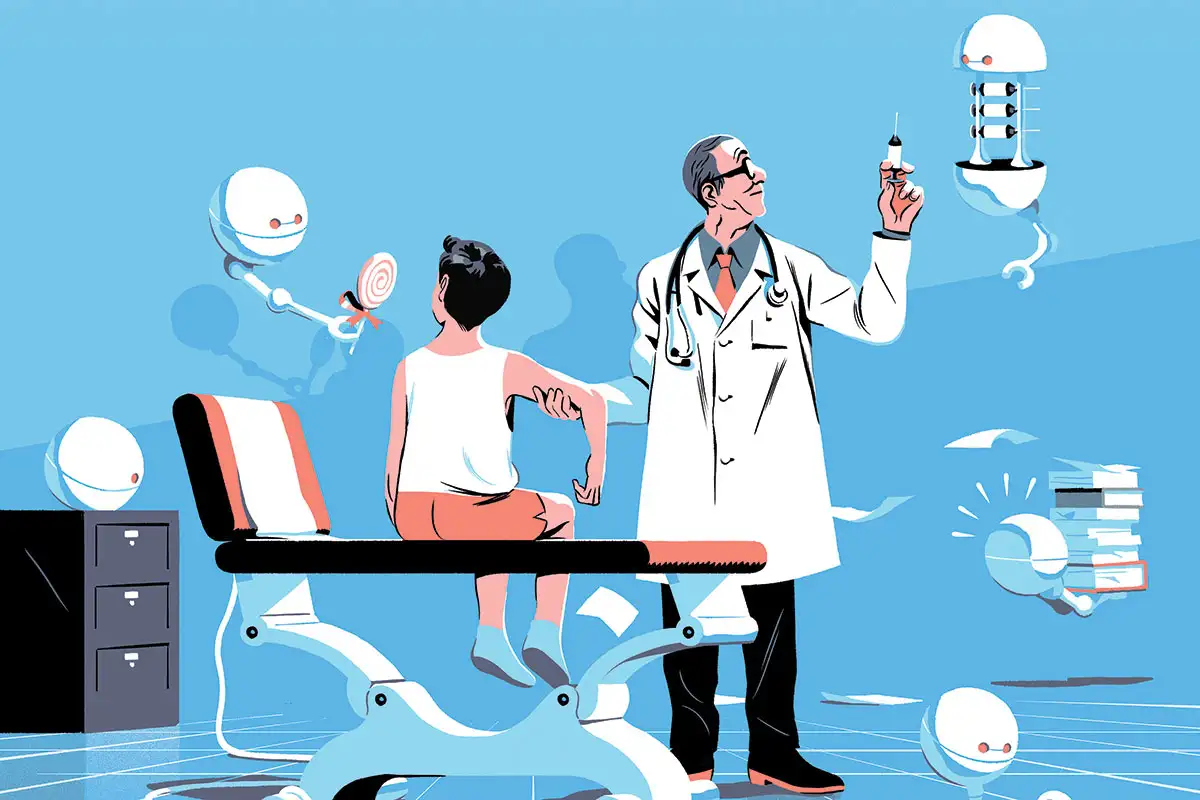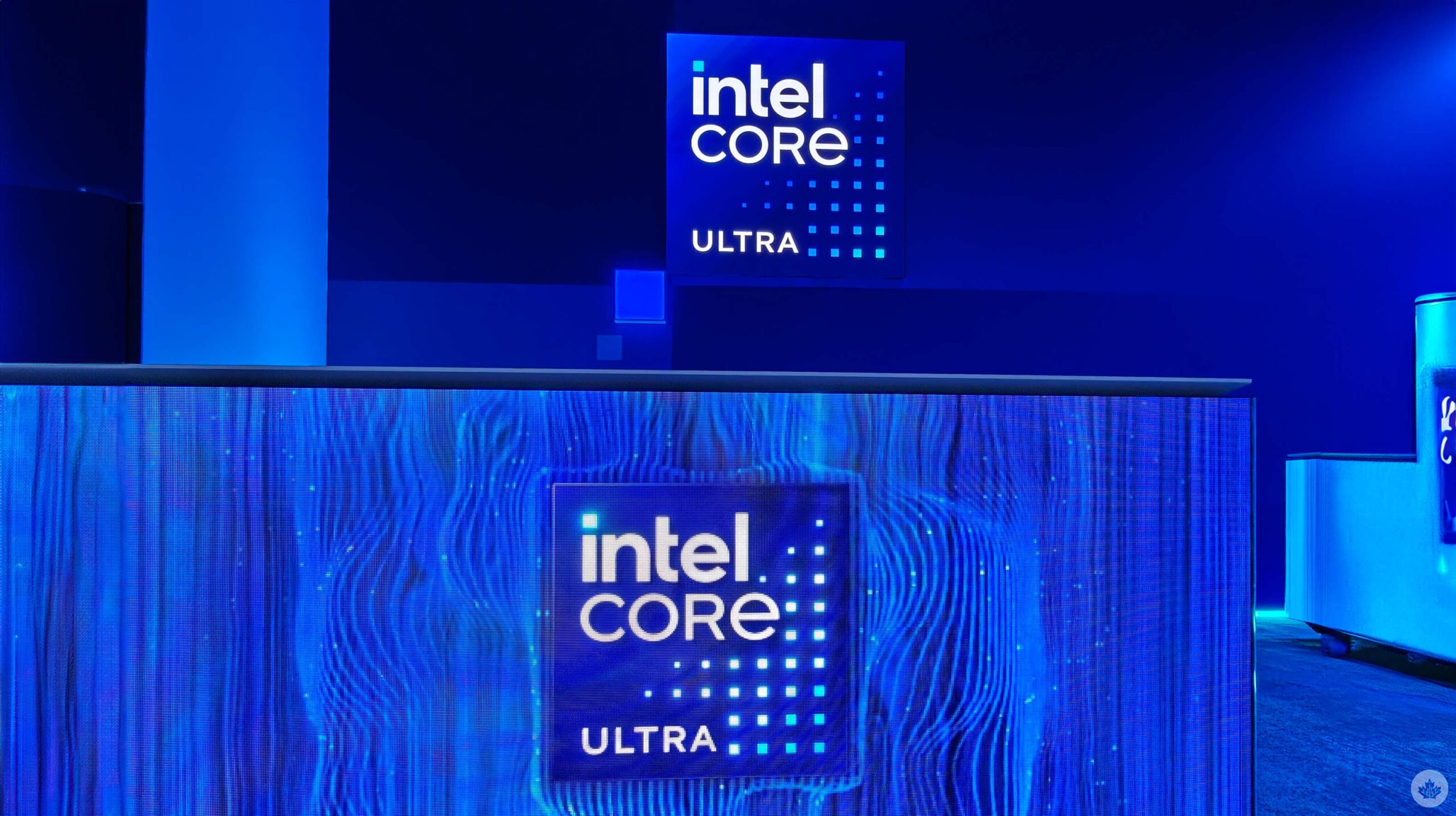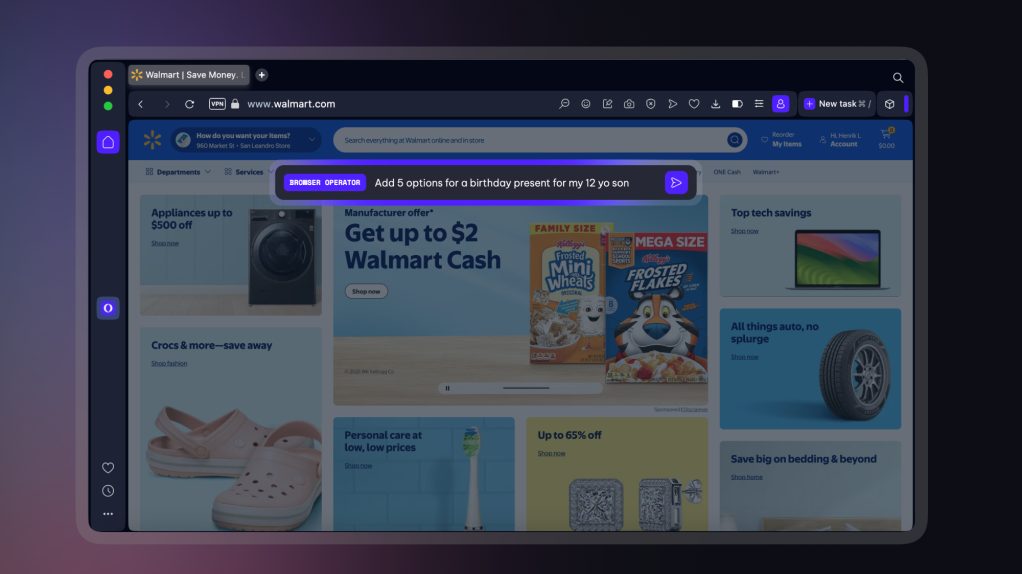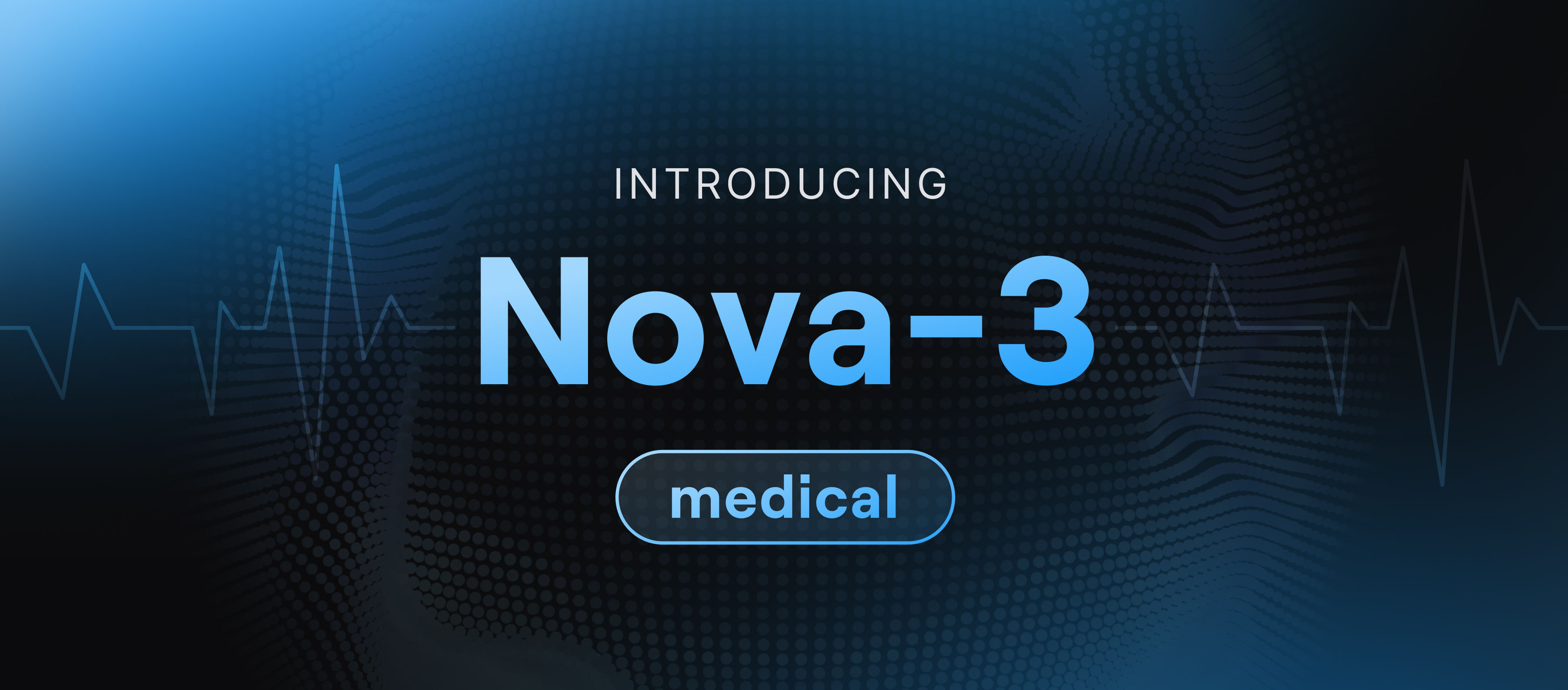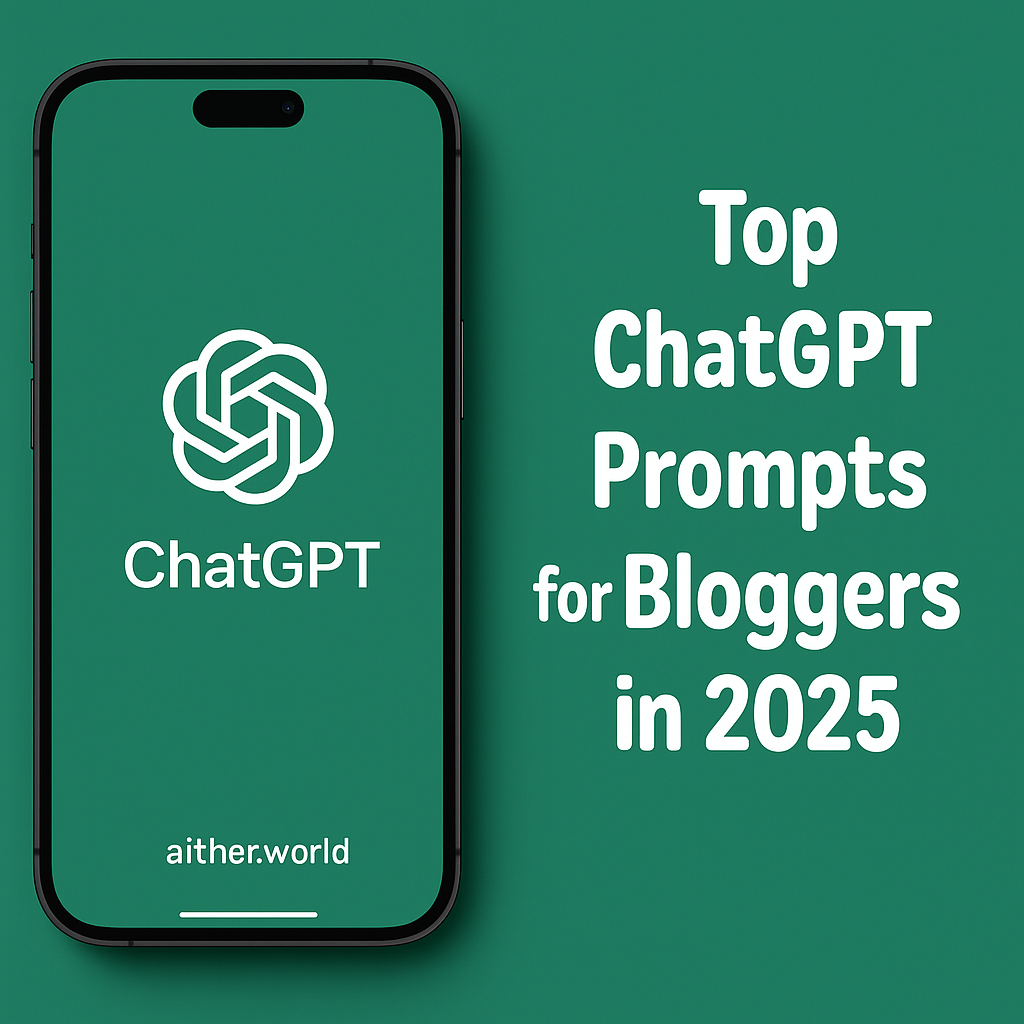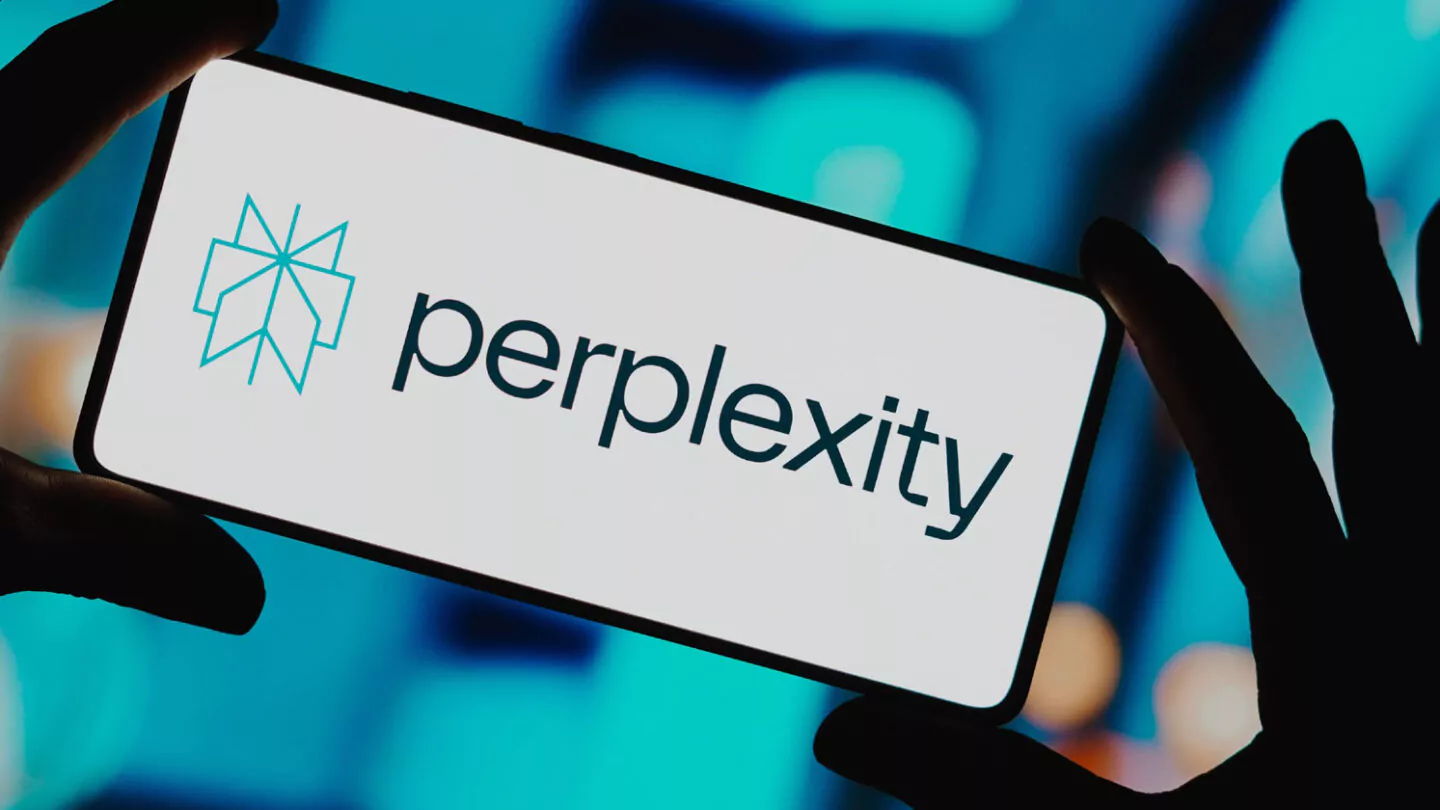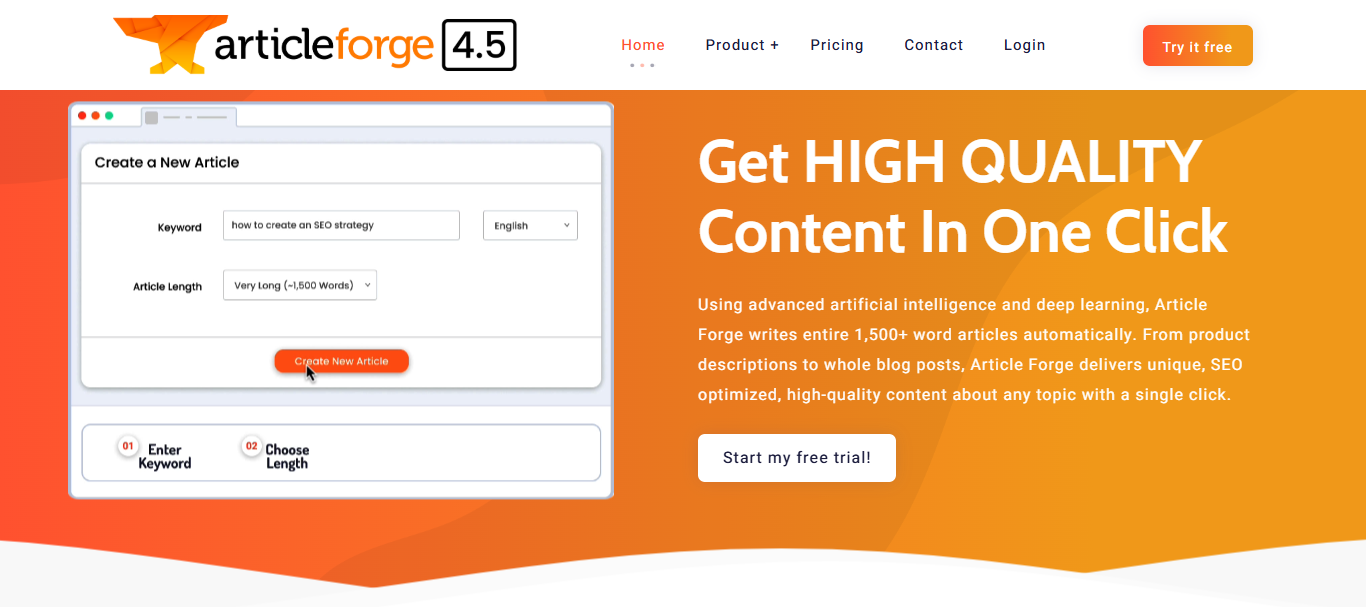A groundbreaking study from the University of Cambridge has unveiled an AI tool that could dramatically slash the wait times for coeliac disease diagnosis—a condition affecting nearly 700,000 people across the UK. Traditionally, patients endure years of uncertainty and multiple tests before receiving a definitive answer.
Coeliac disease, triggered by the ingestion of gluten (present in wheat, rye, and barley), brings along a host of troublesome symptoms including stomach cramps, diarrhea, skin rashes, unexplained weight loss, fatigue, and anaemia. Left unchecked, the condition can pave the way for more severe complications like malnutrition, osteoporosis, fertility issues, and even a heightened risk of certain cancers and additional autoimmune disorders.
Current diagnostic practices typically involve a two-step process: a blood test searching for gluten-related antibodies, followed by a duodenal biopsy. During this procedure, pathologists carefully scrutinize tiny, nutrient-absorbing finger-like projections in the small intestine for signs of damage.
In a twist that could transform patient care, researchers have now trained an AI algorithm on over 4,000 biopsy images collected from five hospitals using diverse scanning equipment. The results, published in the New England Journal of Medicine AI, reveal that this clever algorithm matches the diagnostic prowess of seasoned pathologists—but with a speed that leaves traditional methods in the dust.
“Patients often face long waits because duodenal biopsies, especially for coeliac disease, tend to be low on the priority list compared to more urgent cases like suspected cancer,” explains Dr Florian Jaeckle, a co-author of the study. While a human expert might spend five to ten minutes per biopsy, the AI whips up a diagnosis in under a minute as soon as the scan is complete, effectively eliminating waiting lists.
Elizabeth Soilleux, a consultant haematopathologist and professor of pathology at the University of Cambridge, emphasizes the potential of this technology: “In an era of mounting pressures on our healthcare system, AI offers a promising solution to speed up diagnoses and ease the burden on NHS waiting lists.”
Funded by Coeliac UK, Innovate UK, the Cambridge Centre for Data-Driven Discovery, and the National Institute for Health and Care Research, the study suggests that AI might soon become a staple in pathology labs. Dr Bernie Croal, president of the Royal College of Pathologists, lauds the innovation, noting that while further work is needed—such as investment in digital pathology infrastructure and specialized training for pathologists—the integration of AI could revolutionize how coeliac disease is diagnosed, enhancing patient outcomes and cutting down on long waits.
This breakthrough not only brings a fresh wave of optimism for those affected by coeliac disease but also marks a significant step forward in the integration of artificial intelligence within modern healthcare.
